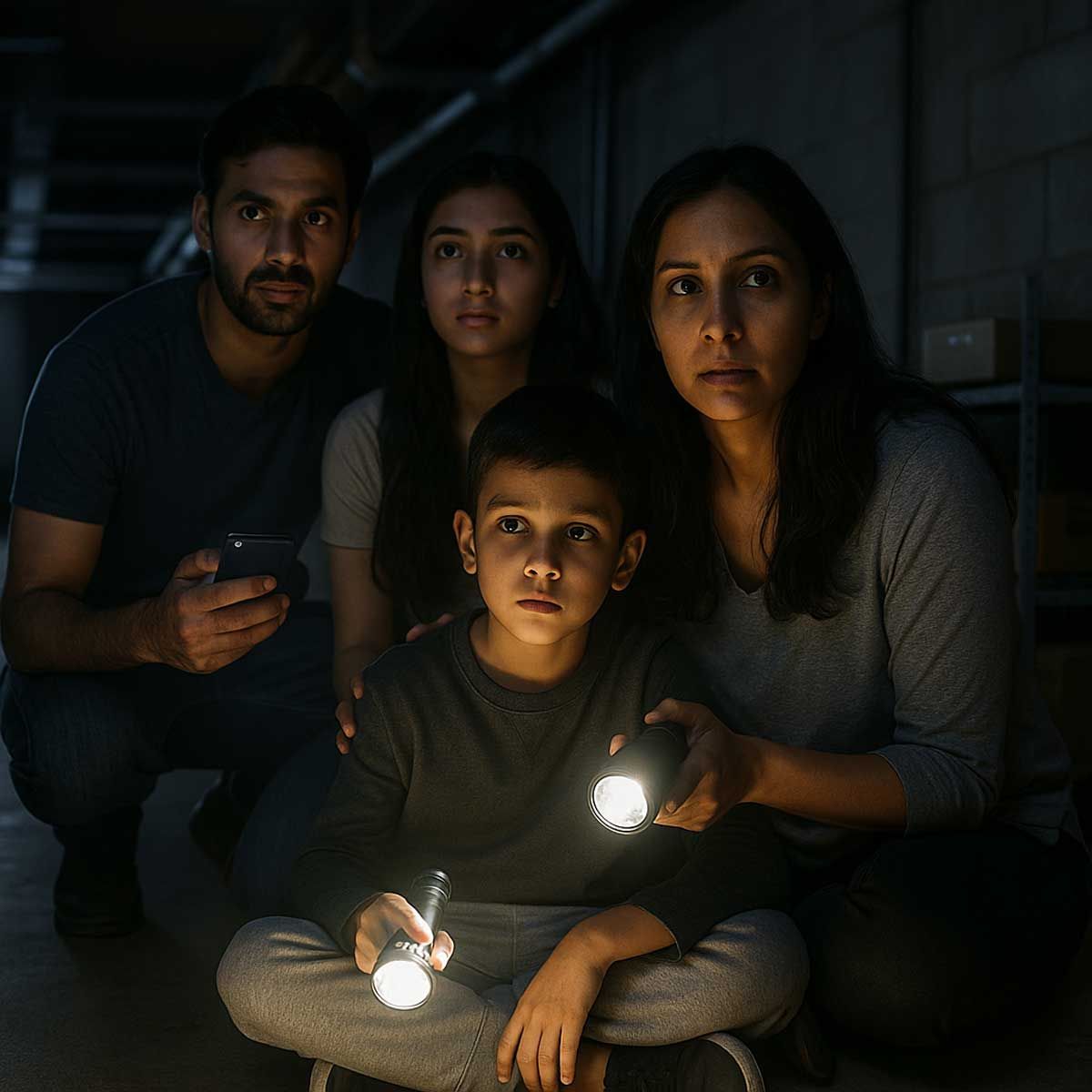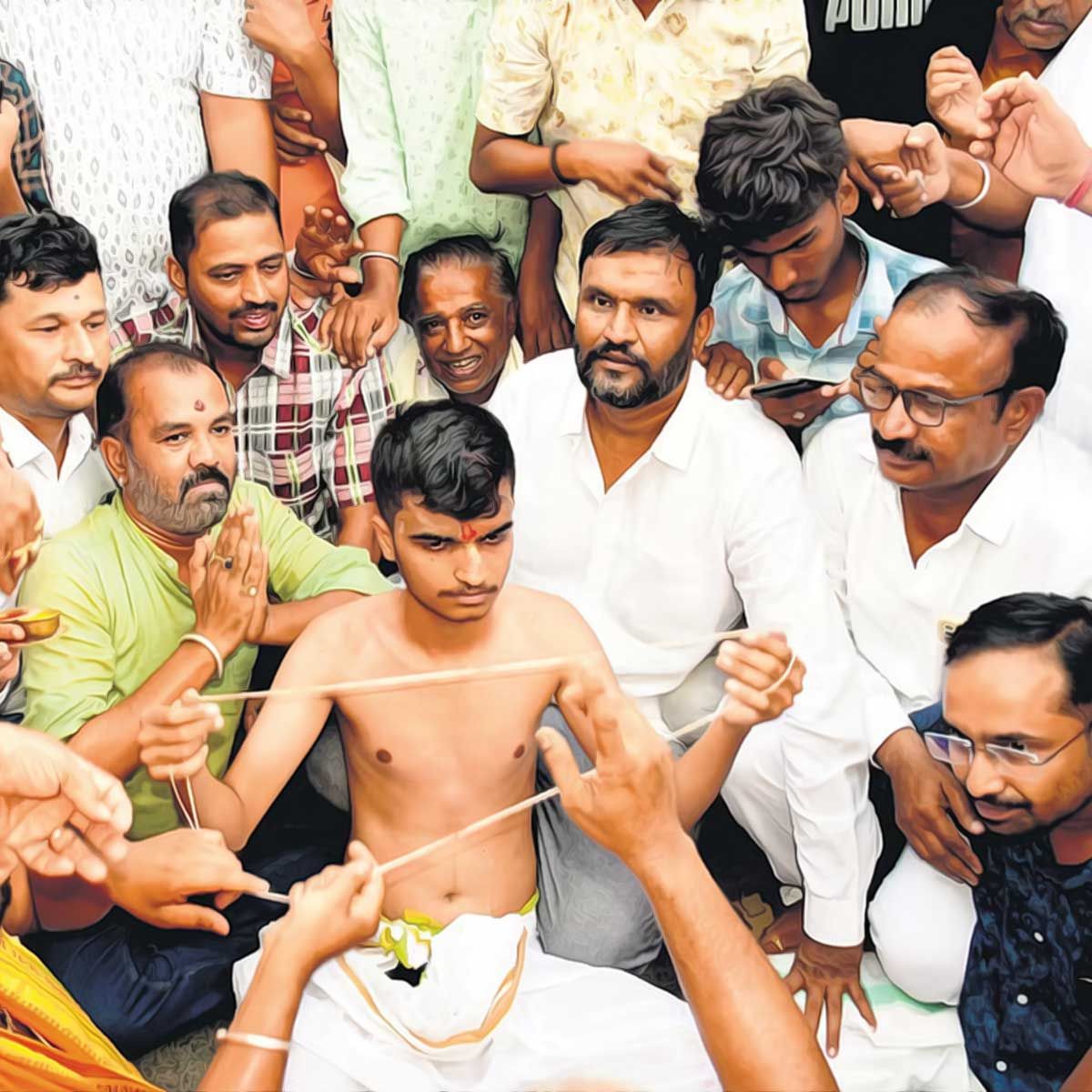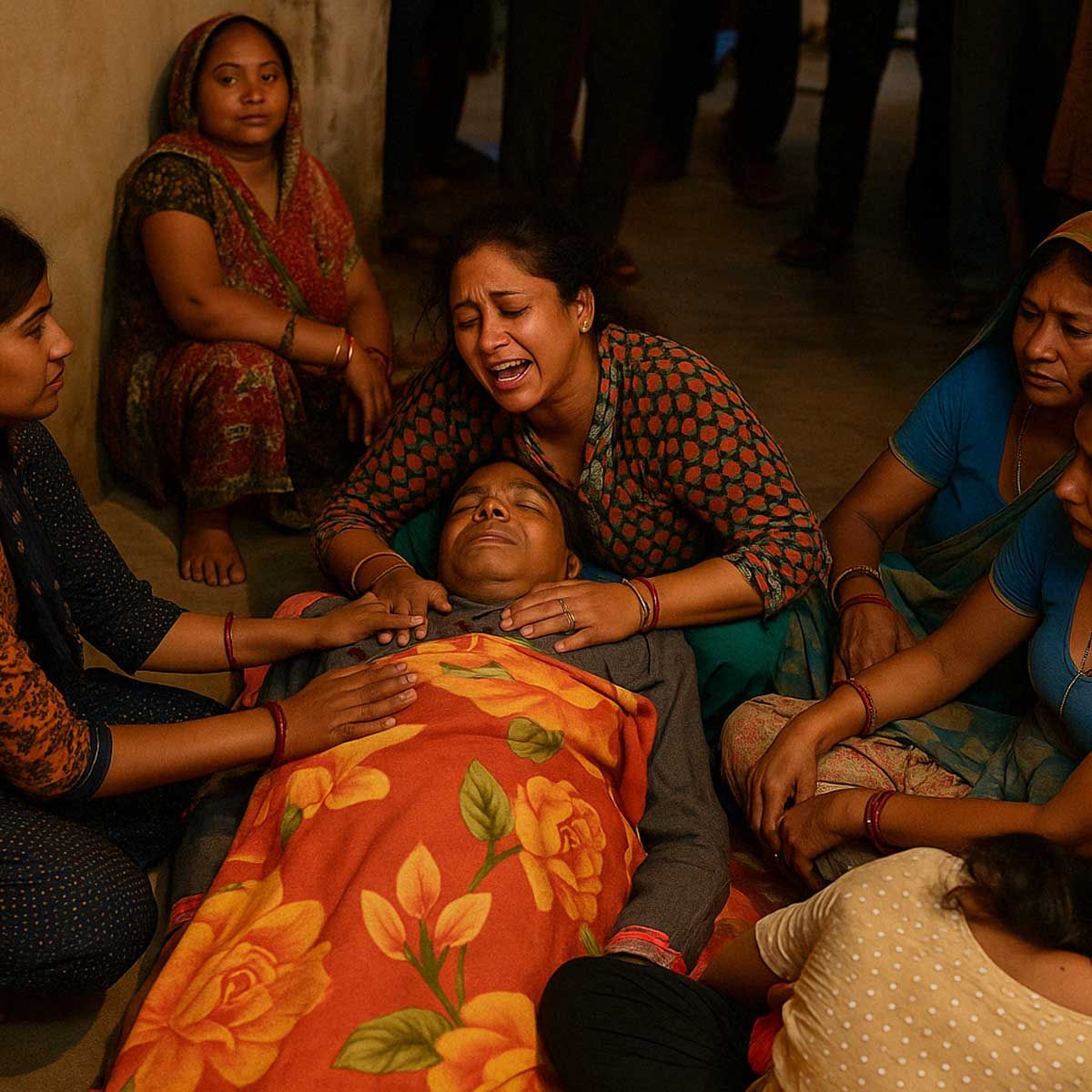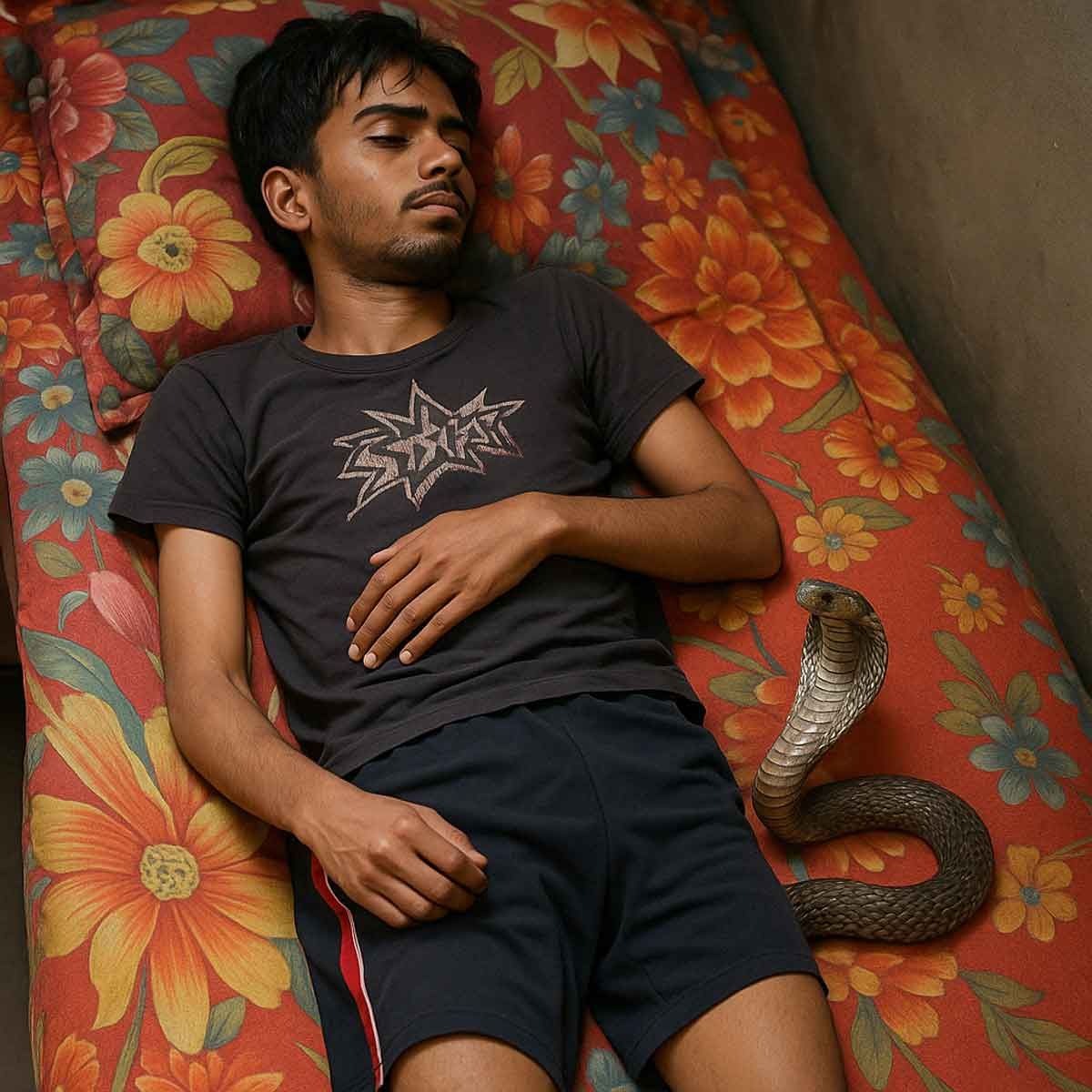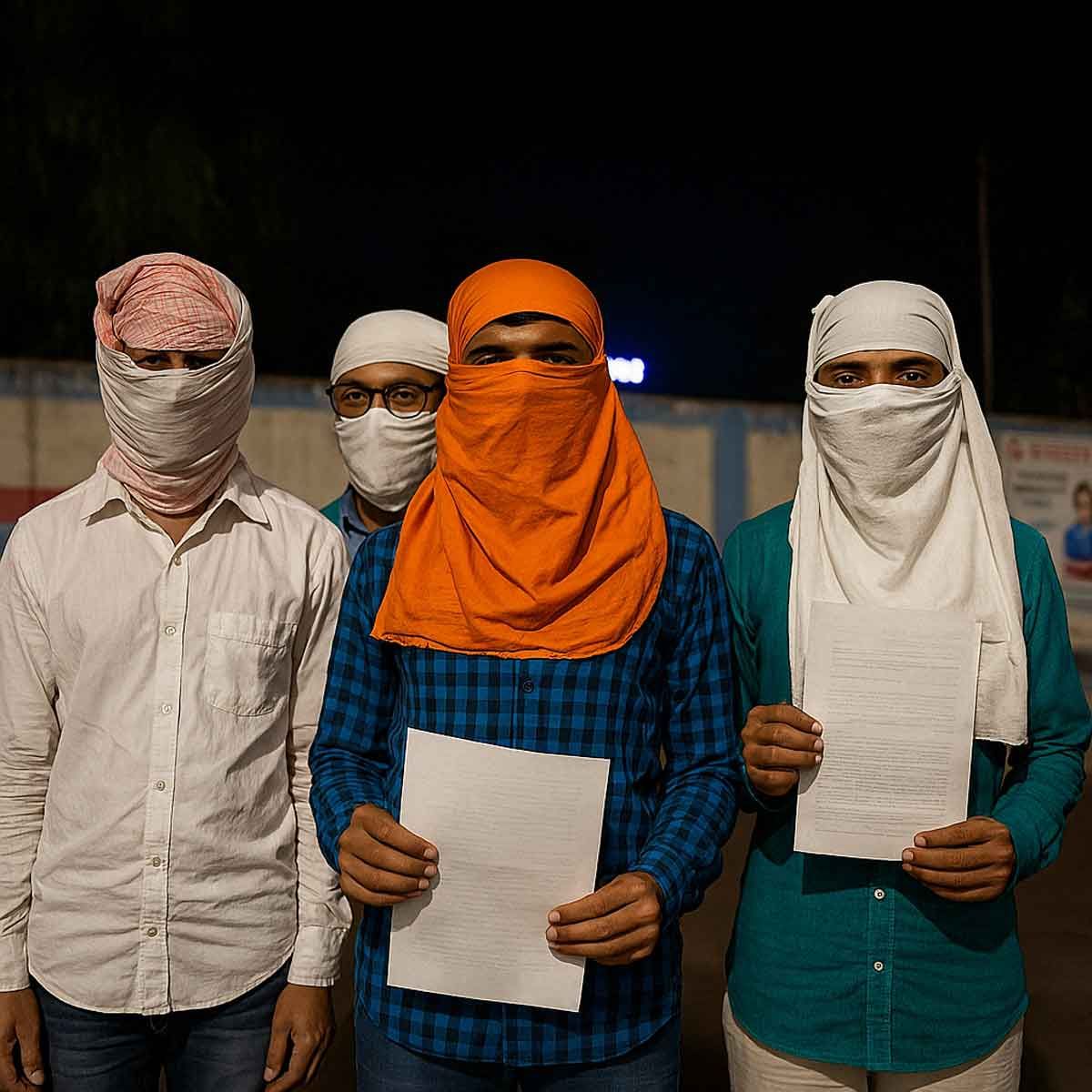More Coverage
Twitter Coverage
Satyaagrah
Written on
Satyaagrah
Written on
Satyaagrah
Written on
Satyaagrah
Written on
Satyaagrah
Written on
JOIN SATYAAGRAH SOCIAL MEDIA
Jama Masjid atrociously built a wuzukhana on a public park, court lambasted the MCD for failing to free the park from illegal encroachments, and declaring, 'We will direct the police to take over the park,' a firm stance for reclaiming public spaces
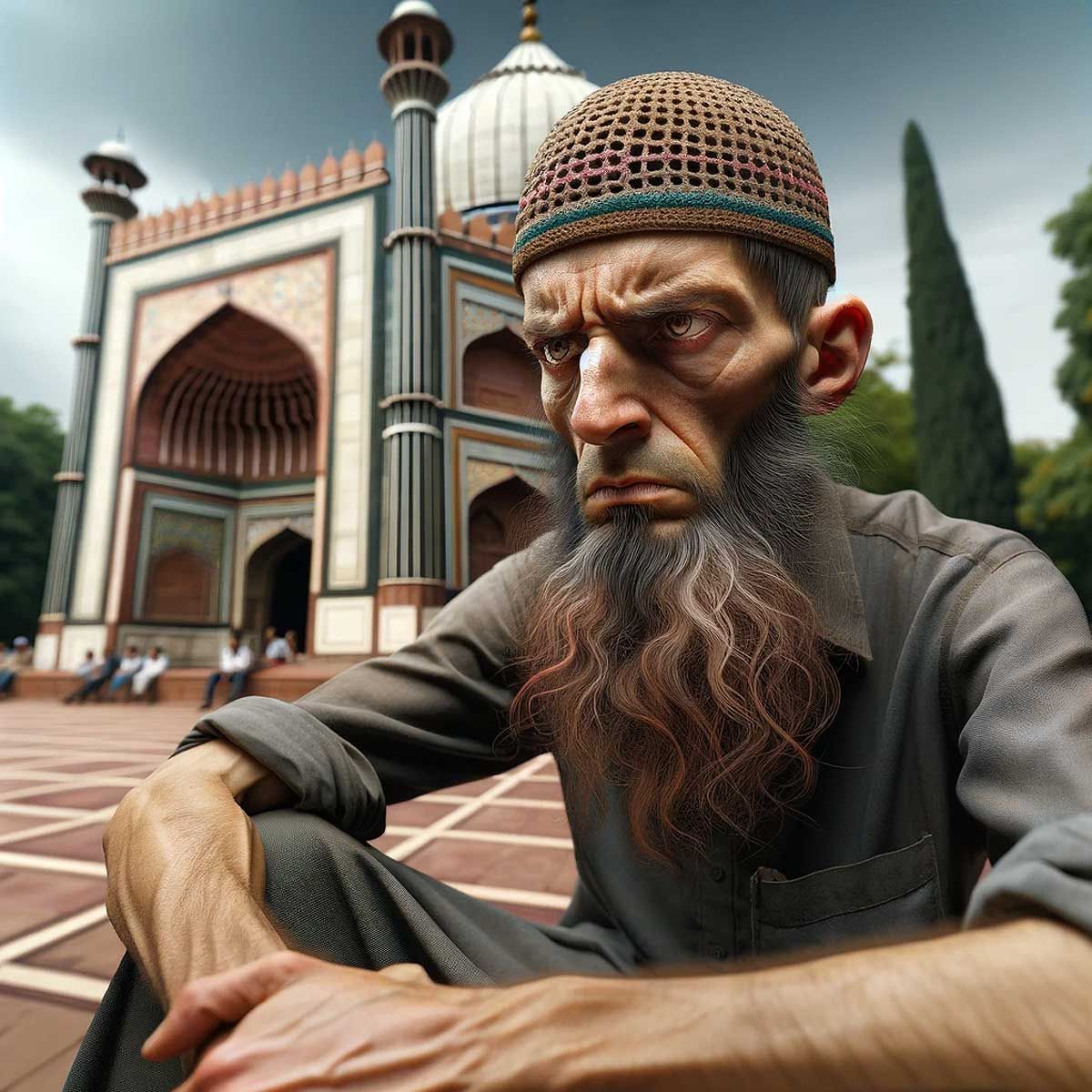
The Delhi High Court recently expressed its strong disapproval towards the Municipal Corporation of Delhi (MCD) for its inaction in reclaiming a public park near Jama Masjid. This park, according to allegations, is currently under “illegal possession” of encroachers. The Court's frustration stemmed from the failure of the MCD to assert control over this public space and its directive to the civic authorities was clear: take necessary legal steps to remove these illegal encroachments.
|
Acting Chief Justice Manmohan and Justice Mini Pushkarna, presiding over the bench, were unequivocal in their instructions. They demanded that the MCD file a status report on the matter, highlighting the urgency and seriousness with which the Court viewed the situation. The fact that the North & South Park adjoining Jama Masjid, despite being public parks, have fallen out of the possession of civic authorities, underscores a significant lapse in municipal governance and public space management.
This development raises critical questions about the stewardship of public spaces in urban areas, especially in a city as densely populated as Delhi. Public parks are vital for the well-being of city dwellers, offering much-needed green spaces for recreation and relaxation. When such areas are encroached upon, it not only deprives the public of their rightful access but also reflects a breakdown in the enforcement of urban planning and law.
The Court's intervention in this matter is a reminder of the judiciary's role in safeguarding public interests, particularly in cases where administrative bodies may fall short in their duties. The situation at Jama Masjid, a historic and cultural landmark, further adds a layer of complexity to the issue, intertwining concerns of heritage conservation with urban governance.
|
As the case progresses, the actions taken by the MCD in response to the High Court's directive will be closely watched. This scenario is not just about reclaiming a piece of land; it's about restoring the public's trust in their right to freely access and enjoy public spaces, a cornerstone of urban living. The High Court's stance is clear: it's time for the responsible authorities to step up and rectify the situation, in compliance with the law.
The Delhi High Court, in its continued scrutiny of the situation around Jama Masjid, issued a firm directive to the Municipal Corporation of Delhi (MCD). The bench, consisting of Acting Chief Justice Manmohan and Justice Mini Pushkarna, stated, "This court directs MCD to take action according to the law. In case after all, a statutory authority cannot lose possession of public parks. Let the status report be filed within weeks. Have it after 5 weeks. December 21 is the next date of hearing," emphasizing the urgency and necessity for legal action in this matter.
The court's directive highlights the responsibility of statutory authorities like the MCD in maintaining public spaces and ensuring that they remain accessible to the public. The mention of a statutory authority's inability to lose possession of public parks underlines the seriousness with which the court views the MCD's stewardship of these areas. This statement reinforces the idea that public spaces are not just physical territories but also symbols of civic rights and governance.
|
During the hearing, the court expressed its astonishment at MCD's admission regarding restricted access to certain areas near Jama Masjid. The MCD's statement, "Shaheen Gate at the Jama Masjid, North Park–we aren’t even allowed entry there," is telling. It points to a significant lapse in authority and control over public spaces, raising questions about the effectiveness of the civic body in managing and protecting these areas.
Furthermore, the MCD's acknowledgment that it did not have access to parks near Wazu Khana and that it had only partially addressed unauthorized constructions in the South Park speaks to the challenges it faces in enforcing urban laws and regulations. While the MCD noted that it had been maintaining the rest of the parks, this partial success does not negate the concerns raised by the court about the areas where the MCD has failed to exert its authority.
The High Court's insistence on a status report within a specified timeframe demonstrates its intention to closely monitor the situation and ensure timely and appropriate action by the MCD. The setting of the next hearing date, December 21, creates a deadline for the MCD to show progress in addressing these issues.
This case is a microcosm of the broader challenges faced by urban authorities in managing public spaces, particularly in historic and culturally significant areas. The court's involvement signifies a judicial push to uphold the rule of law and the rights of citizens to public spaces, free from unauthorized encroachment and neglect. As the situation unfolds, the actions of the MCD will be under close scrutiny, not only by the court but also by the public, whose interests the civic body is meant to serve.
In a critical moment during the hearing, the Delhi High Court questioned the Municipal Corporation of Delhi (MCD) about their management of public parks near Jama Masjid. The bench, reflecting both concern and incredulity, asked, “How have you lost possession of the parks & how can you maintain it? How can MCD lose control over its parks? Public parks can’t be taken over in the 21st century. We will direct the police to take over the park.”
|
This line of questioning from the Court underlines the perceived neglect and mismanagement by the MCD regarding its duty to safeguard public spaces. The Court's surprise and dismay at the idea of a civic body losing control over public parks in the modern era echo a broader societal expectation that public spaces should be protected and maintained for community use.
Further emphasizing the critical nature of the issue, the bench stated, “We are asking for the protection of the environment every day. We can’t breathe, and you are losing possession of the parks? Either this is your park owned by you- you must have possession of the same. You can’t lose possession of it. Please write to the SHO. Public park possession can’t be lost,” highlighting the environmental and public health implications of losing such green spaces. This statement connects the issue of park encroachment with larger environmental concerns, particularly in a city grappling with severe air pollution.
The bench's remarks came during a Public Interest Litigation (PIL) hearing that sought the removal of all illegal and unauthorized encroachments from public parks around Meena Bazar Market and Jama Masjid, Delhi. This PIL reflects growing public concern over the encroachment of public spaces and the need for their preservation.
The Court's intervention and its directive to involve the police in reclaiming the park illustrate the gravity of the situation and the judiciary's proactive stance in addressing issues of public welfare and environmental protection. The case highlights the essential role of civic bodies in managing public spaces and the judiciary's role in ensuring that these bodies fulfill their responsibilities effectively. The outcome of this case will likely set a precedent for how public spaces are managed and protected in urban India, particularly in areas of historical and cultural significance.
The case before the Delhi High Court concerning the encroachment of public parks near Jama Masjid took a more personal turn with the involvement of a local resident as the petitioner. Represented by Advocates Mohammad Ali and Mutiur Rehman, the petitioner highlighted a critical issue affecting the local community. The plea called for "direction to remove all shelter homes ('Rain Basera') built by DUSIB from the public parks, including Urdu Park situated around Meena Bazar Market, Jama Masjid, Delhi."
This request points to a larger issue of how public spaces are being utilized and the impact on the local residents. The conversion of parks into shelter homes, while serving a necessary social purpose, has inadvertently deprived the local community of much-needed green spaces.
Further intensifying the situation, the plea alleged "that a few people, with the help of the civic body, are illegally operating parking and e-rickshaw charging facilities in the public parks situated around the Jama Masjid." This allegation, if proven true, suggests a misuse of public land, raising questions about the oversight and governance of these spaces by the responsible authorities.
The petitioner's concerns go beyond just the loss of green spaces. They underscore the profound impact on the community, especially the younger residents. "The residents of the area have no other green places or parks for walking, jogging, or any other recreational activities. The children residing in this area are forced to be locked inside their homes as there are no playgrounds around this area," the plea stated. This lack of recreational spaces is not just an urban planning issue but also a matter of public health and community well-being.
The case brought forth by the local resident and the subsequent PIL reflects a growing awareness and activism among citizens in safeguarding their rights to public spaces. It also highlights the multifaceted challenges cities face in balancing the needs of different community groups. As the case proceeds, the Court's decisions will likely have a significant impact on the future of urban public spaces, particularly in heritage areas like Jama Masjid, and on the governance models that oversee them.
The plea presented to the Delhi High Court regarding the encroachment of public parks near Jama Masjid highlights a critical urban issue in the Old Delhi area. The petitioner emphasized the density of the population in neighborhoods like Chawri Bazar, Choori Walan, Matia Mahal, and Jama Masjid, stating, "The Old Delhi area, i.e., Chawri Bazar, Choori Walan, Matia Mahal, Jama Masjid, etc., is a thickly populated area, and there are no public parks in the area to access use except these public parks."
This statement underscores the scarcity of green spaces in a densely populated urban area, which is crucial for the well-being of its residents. Public parks in such localities are not just amenities but essential spaces for recreation, exercise, and community interaction.
The plea further highlighted a more profound concern regarding the residents' rights, arguing, “Residents of these areas are deprived of their Fundamental Rights to enjoy a clean and healthy environment. The present problem requires an urgent solution and the public at large should not suffer because of some action or inaction of government entities. The local ward authorities department has shown no zeal or interest to solve this problem and the civic body is not bothered to ensure a clean & healthy environment especially in Old Delhi,” adding a legal and human rights dimension to the issue.
This argument brings to the forefront the essential right to a clean and healthy environment, enshrined as a Fundamental Right. The plea’s reference to the inaction of government entities and the local ward authorities underscores a perceived neglect of duty towards the residents of Old Delhi. It points to the responsibility of civic bodies to not only manage but also proactively safeguard and improve the living conditions in their jurisdictions.
The plea's emphasis on the urgent need for a solution reflects the growing frustration and desperation of the residents affected by the loss of public spaces. As the High Court considers this plea, the case represents not just a local issue but a broader challenge facing many urban areas—balancing development and maintenance of public amenities with the preservation of environmental quality and residents' rights. The outcome of this case could set a precedent for how urban public spaces are governed and protected, particularly in historic and densely populated areas.
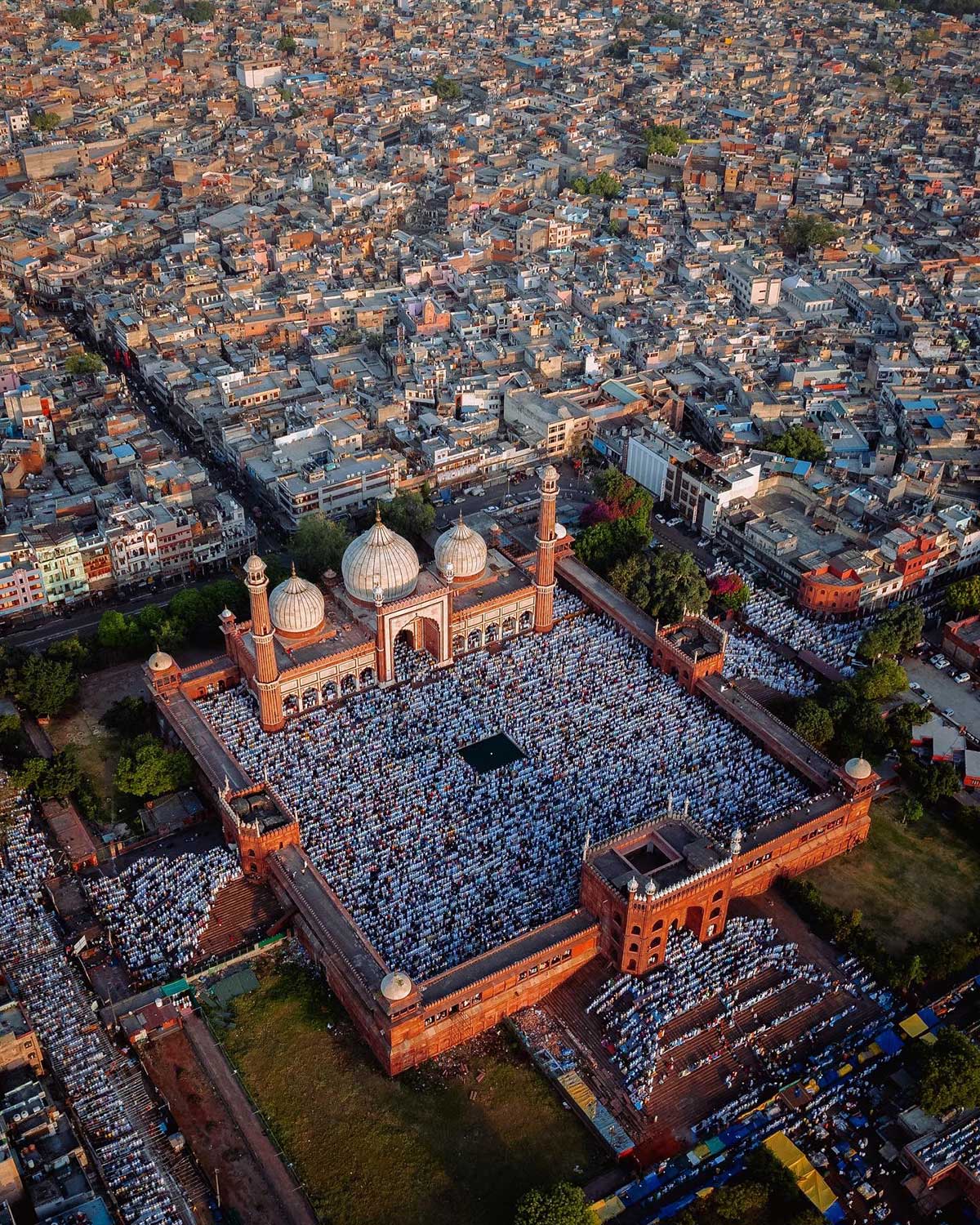 |
 Support Us
Support Us
Satyagraha was born from the heart of our land, with an undying aim to unveil the true essence of Bharat. It seeks to illuminate the hidden tales of our valiant freedom fighters and the rich chronicles that haven't yet sung their complete melody in the mainstream.
While platforms like NDTV and 'The Wire' effortlessly garner funds under the banner of safeguarding democracy, we at Satyagraha walk a different path. Our strength and resonance come from you. In this journey to weave a stronger Bharat, every little contribution amplifies our voice. Let's come together, contribute as you can, and champion the true spirit of our nation.
 |  |  |
| ICICI Bank of Satyaagrah | Razorpay Bank of Satyaagrah | PayPal Bank of Satyaagrah - For International Payments |
If all above doesn't work, then try the LINK below:
Please share the article on other platforms
DISCLAIMER: The author is solely responsible for the views expressed in this article. The author carries the responsibility for citing and/or licensing of images utilized within the text. The website also frequently uses non-commercial images for representational purposes only in line with the article. We are not responsible for the authenticity of such images. If some images have a copyright issue, we request the person/entity to contact us at This email address is being protected from spambots. You need JavaScript enabled to view it. and we will take the necessary actions to resolve the issue.
Related Articles
- Brothers Razi and Naqi Hassan raped a victim multiple times when she was 12, gotten pregnant she was forced to give up child for adoption, 28 years later child born out of rape first traced his mother and encouraged her to file FIR against rapists
- Islamic revivalist movements in Bharat and Deoband’s link to Taliban
- “When a sinister person means to be your enemy, they always start by trying to become your friend”: Nusrat Fateh Ali Khan known as the ‘King of Qawwali’ was not only a singer but also a closeted Hindu hater, exposed as his anti-Hindu sentiments surface
- While Shaheen Bagh showcases its latest artwork for anti-CAA 'protest', it also reveals its true nature of Islamist supremacy and Hinduphobia: Adds image of Hindu Swastika being ‘smashed’ and disintegrating
- Argue over cold food and extra onion and you will have Employees of Karim restaurant attack you with knives and rods: Kolkata
- Aatish Taseer shows how his ‘jamaat’ has mastery over playing victim, brands Bollywood pro-Modi even as it remains anti-Hindu
- Google removes ‘Ghazwa e Hind’ app from play store after uproar
- In the interpretation of Islam, any pictorial representation of Prophet Muhammad is an anathema, something that is strictly prohibited and even regarded as ‘blasphemy’ and calls for beheading
- "हाँ, गुण्डई है": In Nepal, 4% Muslims aggressively renames a Hindu village to Islam Nagar and also converts Brahma Sthan into Madrasa Chowk, igniting severe communal tensions as they bully local Hindus, highlighted by assaults and controversial signage
- "Gunah-e-Kabira": A Muslim couple, along with their Hindu female friend were learning scooty at a secluded place, Junaid arrived with others and gang-raped the Hindu girl, couple watched without any signs of resistance, police probe possible involvement
- Secular Liberals identify two Muslim areas of a kind: One Muslim dominated area where Hindus ain't allowed, one inside intellectual space where Islamic extremism is whitewashed and any criticism is Islamophobic
- Arabic Teacher Shoeb Akhtar of Darul-Uloom was sodomizing a 10-year-old boy for ten days inside madarsa, arrested: Victim’s family had enrolled him after returning from South Africa two months back
- "रेल जिहाद": In Kanpur, History-sheeter Shahrukh Khan arrested for attempting to derail the Kalindi Express by placing a gas cylinder on the track, with an ISIS connection terrorist Farhatullah Ghori inciting more attacks, raising alarms across India
- The Problematic Etymology Of The Word “Aurat”
- ‘La ilaha illallah muhammadur rasulullah”: Muslim BTech student, Lareb Hashmi, attacks a Hindu bus conductor with cleaver over ‘blasphemy’, shouts "We are ready to die for Prophet", inciting public uproar and leading to a dramatic police encounter, arrest
















